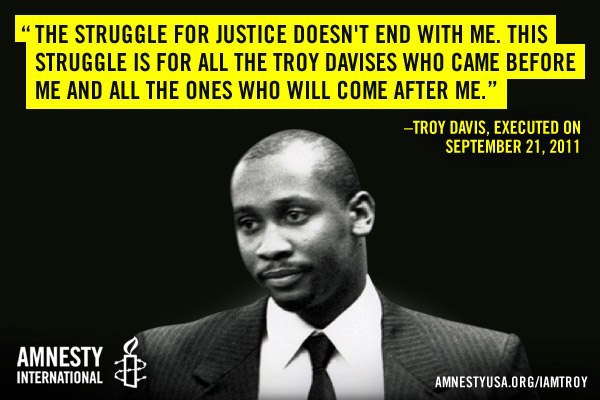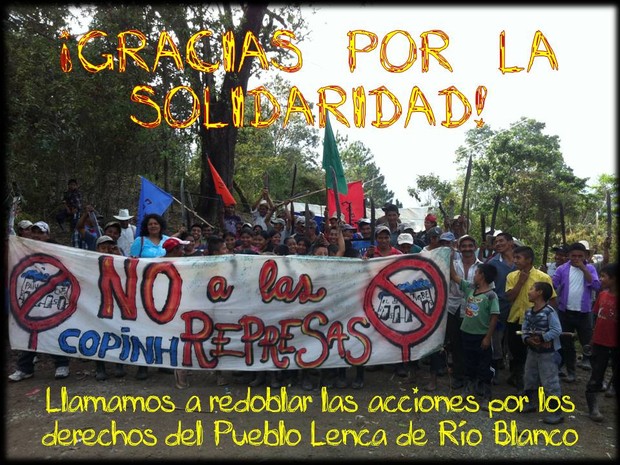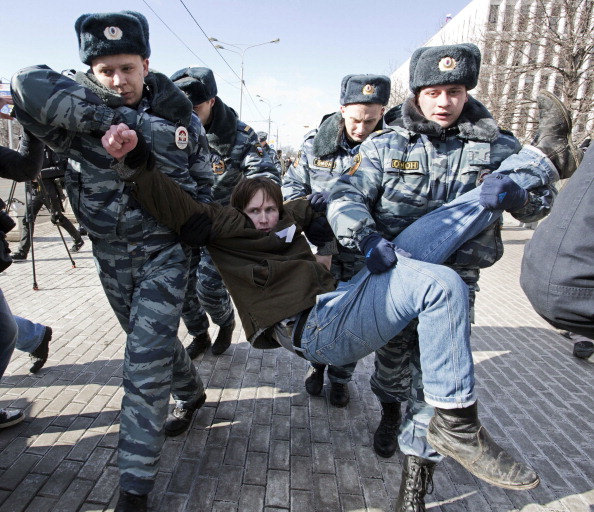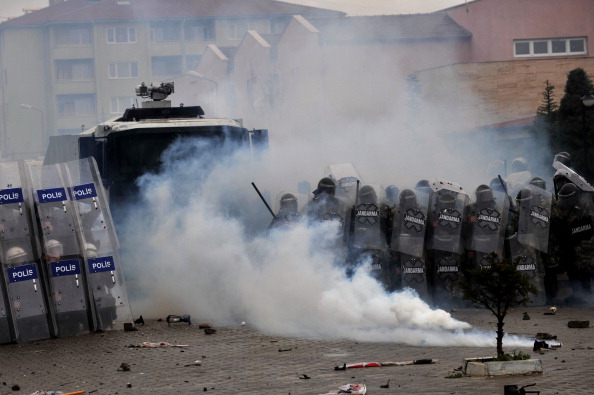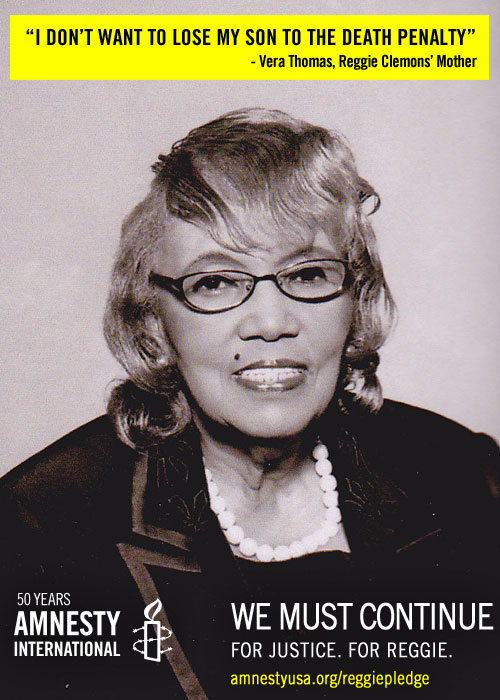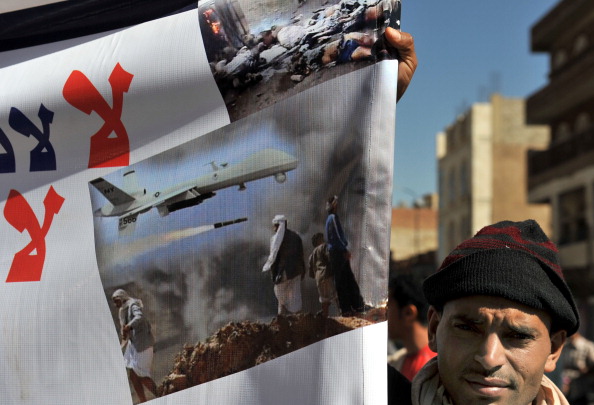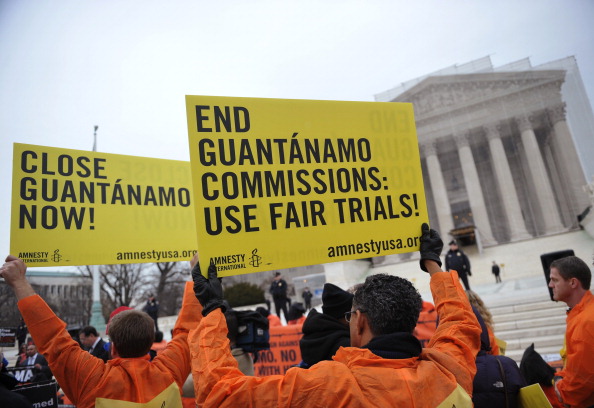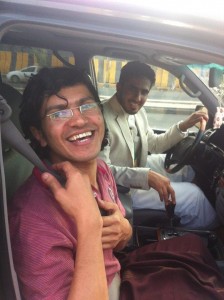As we approach the second anniversary of the execution of Troy Anthony Davis, I have been reading “I Am Troy Davis” the new book by Jen Marlow and Martina Davis-Correia (Troy’s late sister and a powerful force for human rights). You should read it, too. You’ll be moved, like I’ve been, to renew and redouble your commitment to abolish the death penalty.
For me, it is bringing back memories, both painful and inspiring.
I started on staff with Amnesty about one month after the February 2007 release of the report “Where is the Justice For Me,” the first of what was to be four reports on Troy Davis. It was the first thing I read as an Amnesty staffer. I had come from Texas, where I had been a volunteer in death penalty abolition efforts, so I had seen my share of sleeping lawyers, hanging judges, and callous Governors.
